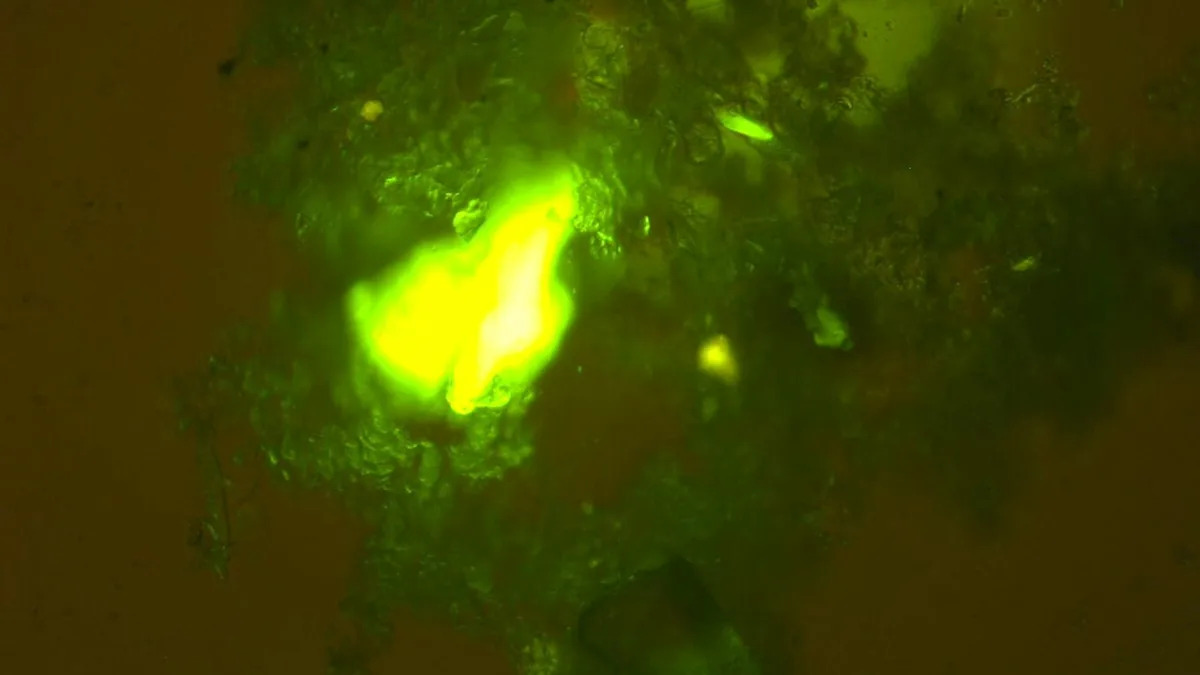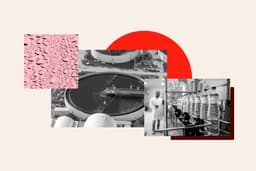Home / Environment / Plastic Pollution Sinks to the Deep Sea, Disrupting Ocean's Natural Carbon Cycle
Plastic Pollution Sinks to the Deep Sea, Disrupting Ocean's Natural Carbon Cycle
2 Nov
Summary
- Plastic pollution removed from ocean surface via "marine snow" process
- Plastic overloads natural biological pump that stores carbon in deep sea
- Impacts on human health, crop yields, and marine ecosystems

According to a study published in the Royal Society Publishing journal in 2025, plastic pollution is being removed from the ocean's surface through the same natural process that moves carbon and nutrients to the deep sea. Researchers have developed a computer model to simulate how plastic degrades, breaks apart, and interacts with "marine snow" - tiny, sticky organic particles that clump together and sink.
The study suggests that the "missing plastic" on the ocean's surface is likely being transported by this natural "biological pump" or "conveyor belt" to the deep sea. This is a concerning discovery, as the overloading of this carbon storage system could have major implications. Microplastics have already been found in soil, the food chain, drinking water, and even human bodies, impacting human health and crop yields.
Furthermore, the researchers warn that plastic pollution could disrupt the ocean's critical role in regulating the carbon cycle and marine ecosystems. They emphasize the need for long-term, holistic solutions to address plastic pollution at every stage - from production and use to proper disposal.




